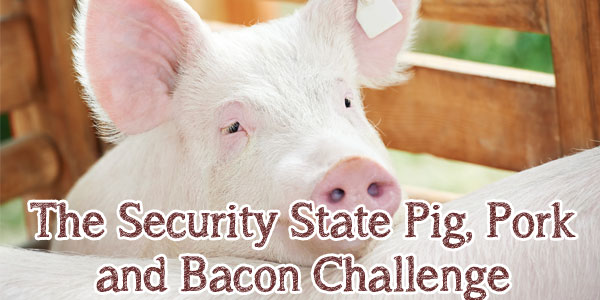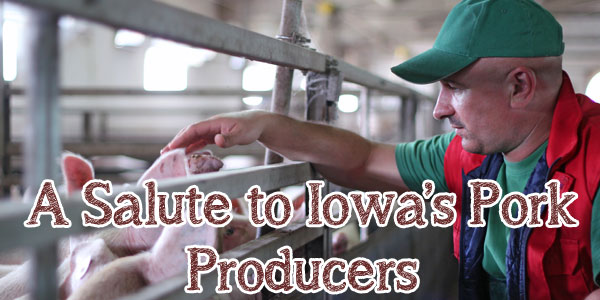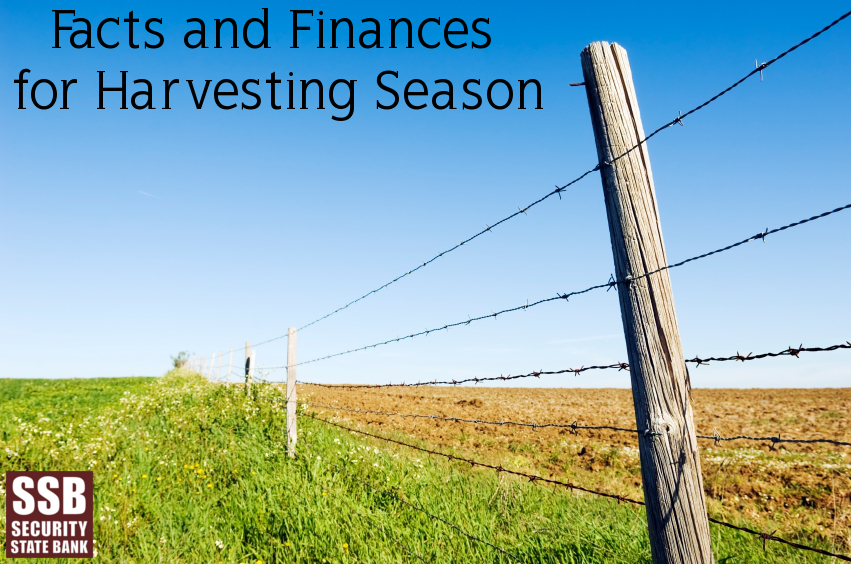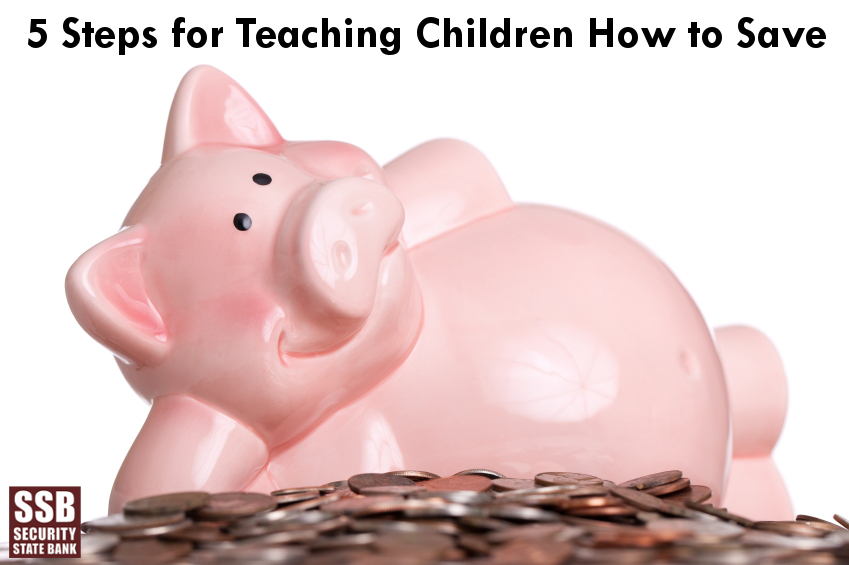At the beginning of each year, nearly half of Americans come up with a New Year’s resolution. Unfortunately, only a small percent of these people are able to stick with their goal past the first couple months. Security State Bank doesn’t want you to fall into these failing statistics, so we are giving you easy ways to stick to your financial resolutions this year.
How to stick to your financial resolution easier:
Start with smaller goals. When you start small, it is easier to reach the goals you were hoping to meet this year. If you are looking to save money for a family vacation, set a goal to save at least $150 towards the fund for the first month. After that, increase the amount you want to save depending on when you want to go on the trip.
Talk about your resolutions. You are more likely to reach your goals if other people know about them. Other people can keep you accountable, so don’t be afraid to share your financial resolutions with others in your family. If you have investment goals, share them with your financial advisor so they are in the loop with what you want to achieve this year.
Don’t beat yourself up. If you don’t attain your goal within the first few months, don’t feel bad. You still have the rest of the year to work towards your financial resolutions. This tip goes back to starting small with your goals. Don’t make goals that will be unattainable because they will only disappoint when you are unable to get to them. Instead of beating yourself up, come to terms with what went wrong, and fix the problem.
Security State Bank is here to support your through your financial resolutions this year. We want you to achieve your goals, so contact us today if you have any questions as to how we can help.










